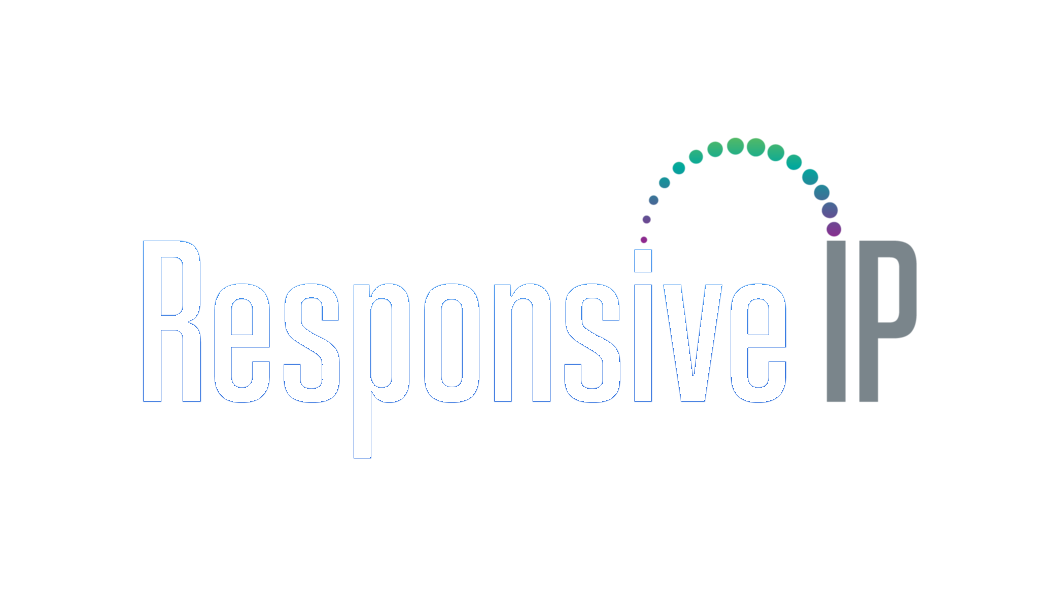What is an Unallocated Phone Number?

In this digital age where communication happens at the touch of a button, understanding the nuances of phone numbers is crucial. You might have come across the term “unallocated phone number” and wondered what it means. Well, let’s embark on a journey to demystify this concept in simple terms without the technical jargon.
Understanding Phone Number Allocation
How Telephone Companies Distribute Numbers
Telecom companies distribute phone numbers through a systematic process involving the acquisition of number blocks. These blocks are then subdivided based on geographical regions, area codes, and specific criteria. Allocation is meticulously organized to ensure fair distribution and prevent duplication.
Importance of Proper Allocation
Proper allocation of phone numbers is vital for maintaining an efficiently functioning telecommunication system. It guarantees that each individual, business, or entity receives a unique identifier for communication purposes, avoiding confusion or overlapping assignments.
Defining Unallocated Phone Numbers
What Unallocated Phone Numbers Are
Unallocated phone numbers refer to those within the telecom network that haven’t been activated or assigned to any user or service provider. They exist in a state of dormancy, residing in the available pool of numbers but not currently in use.
Where Unallocated Numbers Exist
These numbers are part of the larger pool of available phone numbers but are currently not tied to any active communication service or individual account.
How Unallocated Numbers Differ from Other Types
Active Numbers
Active numbers are actively used by subscribers for making calls, sending texts, or accessing telecommunication services regularly. They are in active circulation within the communication network.
Reserved Numbers
Reserved numbers are set aside for specific purposes, such as emergency services, government organizations, or specialized services, and are kept out of general circulation.
Ported Numbers
Ported numbers are those transferred from one service provider to another at the user’s request, allowing them to keep their existing phone number while changing carriers.
The Significance in Telecommunications
Role in Number Management
Unallocated numbers serve as the foundational base for new number assignments within the telecommunication infrastructure. They ensure a steady supply of available numbers for expanding communication needs.
Maintaining Number Pool Efficiency
The presence of unallocated numbers is crucial for telecom companies to meet the increasing demand for new phone connections without exhausting the finite pool of available resources.
Impact on Privacy and Security
Potential Exploitation
Unallocated numbers represent an opportunity for cybercriminals to exploit dormant resources. These numbers can be utilized in various fraudulent schemes, posing risks to individuals’ privacy and security.
Risks of Fraudulent Activities
Cybercriminals might leverage unallocated numbers for phishing attempts, impersonation, robocalls, and other deceptive activities, potentially causing harm or financial loss to unsuspecting users.
Unallocated Numbers in the Digital Age
Utilization in Online Services
Unallocated numbers have found applications in the digital landscape, serving as verification tools for online services, app registrations, and identity authentication processes.
Integration with Virtual Communication
These numbers seamlessly integrate into virtual phone systems, facilitating online interactions, customer service applications, and various digital communication channels.
Utilization and Reclamation Process
Regular Assessment of Unused Numbers
Telecom authorities conduct routine evaluations of unallocated numbers to identify dormant resources. This assessment assists in considering them for reassignment or reclaiming for active utilization.
Recycling and Reallocating
Unused or unassigned numbers undergo a systematic process of reclamation, recycling, and reallocation, ensuring optimal utilization of available resources and preventing number exhaustion.
Unallocated Numbers and Scams
Vulnerability to Scams
Unallocated numbers are vulnerable to exploitation by scammers. They become targets for launching fraudulent activities like phishing attacks, impersonation, and other deceitful schemes.
Impact on Trust and Safety
Understanding the risks associated with these numbers is essential for safeguarding personal information, maintaining communication trustworthiness, and ensuring a safe user experience.
Future Trends and Solutions
Evolution of Technology
Advancements in telecommunication technologies aim to address security risks associated with unallocated numbers. Innovations in security protocols and authentication methods are being developed to mitigate risks.
Mitigating Risks
Innovative solutions, such as advanced call-blocking features, identity verification technologies, and improved authentication methods, aim to reduce risks associated with unallocated numbers and enhance communication security.
Conclusion
Unallocated phone numbers, though seemingly inactive, serve as foundational elements in telecommunications, digital security, and the evolving communication landscape. Recognizing their significance empowers individuals and organizations to navigate communication avenues more securely and responsibly.
Feel free to use these expanded descriptions to provide comprehensive insights into various aspects of unallocated phone numbers in your article.
FAQs on Unallocated Phone Numbers:
1. Can unallocated phone numbers receive calls?
Yes, unallocated numbers can receive calls, but they won’t connect to any specific user or device.
2. Are unallocated numbers permanent?
Unallocated numbers are not permanent; they can be allocated to users when needed.
3. Can unallocated numbers be traced?
Tracing unallocated numbers is challenging as they’re not associated with any user until allocated.
4. Are unallocated numbers free for use?
No, unallocated numbers are part of the reserved pool managed by telecommunication authorities or service providers.
5. Can unallocated numbers be reserved?
Telecommunication authorities reserve unallocated numbers for specific purposes or emergencies but typically don’t allow general reservation by users.

